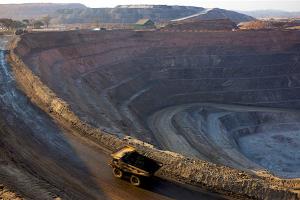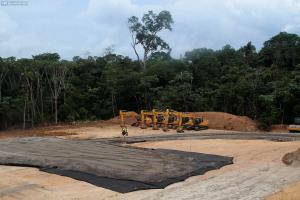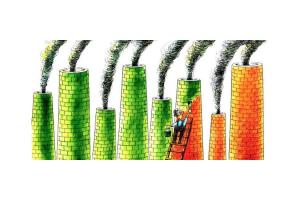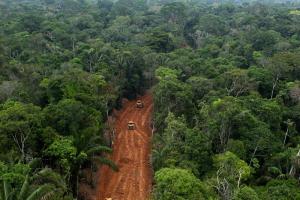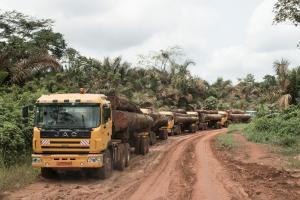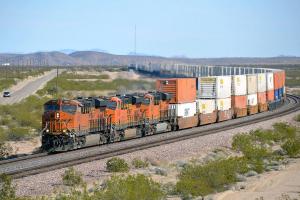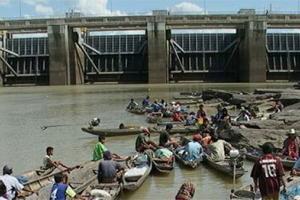Fossil Fuels
The burning of oil, coal and natural gas is causing climate chaos. What's more, extraction of these fossil fuels and, increasingly, the use of geothermal and biomass energy, is also destroying livelihoods and forests. Energy corporations systematically call on States to violently suppress community resistance against this destruction. Fossil fuels in particular have left a trail of destruction and violent oppression, while a small number of companies has pocketed astronomical profits.
This bulletin highlights threats involved in the so-called “energy transition,” and exposes its dirty secret of exponential expansion of mining in the global South as a consequence of the massive demand for “green” energy.
Oil is a driving force behind climate change, the globalized unequal trade and the new landscapes of colonization. Yet, oil frontiers have multiplied and economies remain deeply petroleum-dependent, albeit concealed behind a “green” cloak.
The European Union’s policy pursues growth at any price. “Green” technologies require an increasing amount and variety of metals and minerals. Millions of public funds flow every year from the European Investment Bank to mining projects—under the cloak of “development.”
“Shock” is a common reaction when a crisis emerges… or when it comes to light. However, it also provides a convenient smoke screen for governments, financial institutions and companies behind which they can hide their own role in and responsibility for the current crises in the forests.
It is impossible to think about extraction without thinking about a vast network of accompanying infrastructure, and thus even greater deforestation and destruction.
We live in an age of ever more “extreme infrastructure.” The construction of roads, railway lines and other infrastructure linking production and resource extraction centres with major consumer areas is tied to profoundly undemocratic forms of elitist planning.
The mega-infrastructure corridors prioritized in ambitious investment programmes spanning the african continent are squarely focused on facilitating the export of minerals and agricultural commodity crops and the import of processed foods and manufactured goods.
A long cycle of state repression in India now sees new amendments to the colonial Indian Forest Act which would not only make forest bureaucracy more powerful than ever, but would also de facto put an end to the landmark Forest Rights Act.
In Latin America, women have always been part of the historical struggles in the defence of territory and the environment. Through protests and daily practices, they have resisted the many ways of extractivism and all forms of violence against women. (Available in Swahili).
